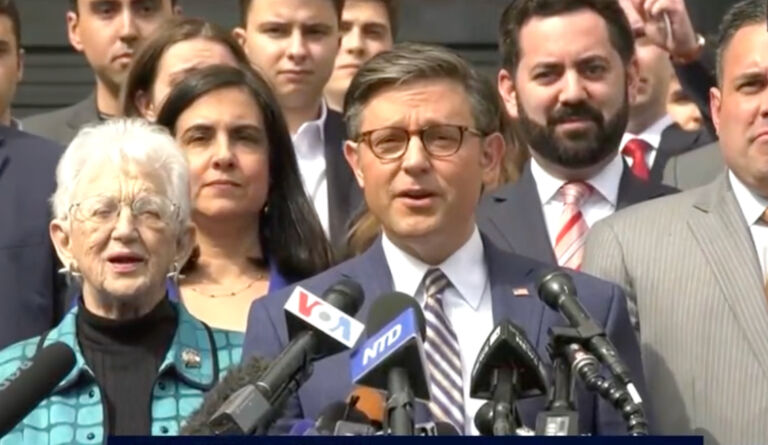Today’s Wall Street Journal has a number of letters responding to a recent article on the effects of “austerity.” The writer of the letter below grasps an elementary point that so many “experts” (like Paul Krugman) ignore — resources are limited. When government engages in machinations to “stimulate” in one area, it necessarily diverts resources from other areas, where they’d likely be put to more useful employment. The right question is not whether to have a policy of austerity, but where: in the wasteful public sector or the productive private sector? The letter:
Maybe It’s the Wrong Agent, Not Stimulus or Austerity
Charles Wolf’s “Austerity and Stimulus—Two Misfires” (op-ed, May 22) brings to mind the musings of Ludwig von Mises: “If it were really possible to substitute credit expansion (cheap money) for the accumulation of capital goods by saving, there would not be any poverty in the world.”
Inasmuch as the stated goal of cheap money (stimulus) is increased aggregate demand, it is refreshing to see a distinguished economist such as Mr. Wolf finally highlight the paradox created by a monetary policy supposedly designed to increase demand in selected economic sectors, while simultaneously destroying the demand of those who choose to save. Despite the assertions of stimulus “true believers,” it is indisputable that after four-and-a-half years of near 0% interest rates, the results are at best dismal.
Given enough time, the magic of capitalism (what’s left of it) will overcome an obstinate central-bank policy designed to fulfill the impossible dual mandates ordained by a recalcitrant Congress. At that point, the central bank—like a broken clock that is right twice a day—will congratulate itself for its uncanny ability to control the economy, and we can all celebrate the victory of manipulated monetary policy over the outdated theories of a long-gone Austrian economist.
Mike Smith
Sugar Land, Texas


